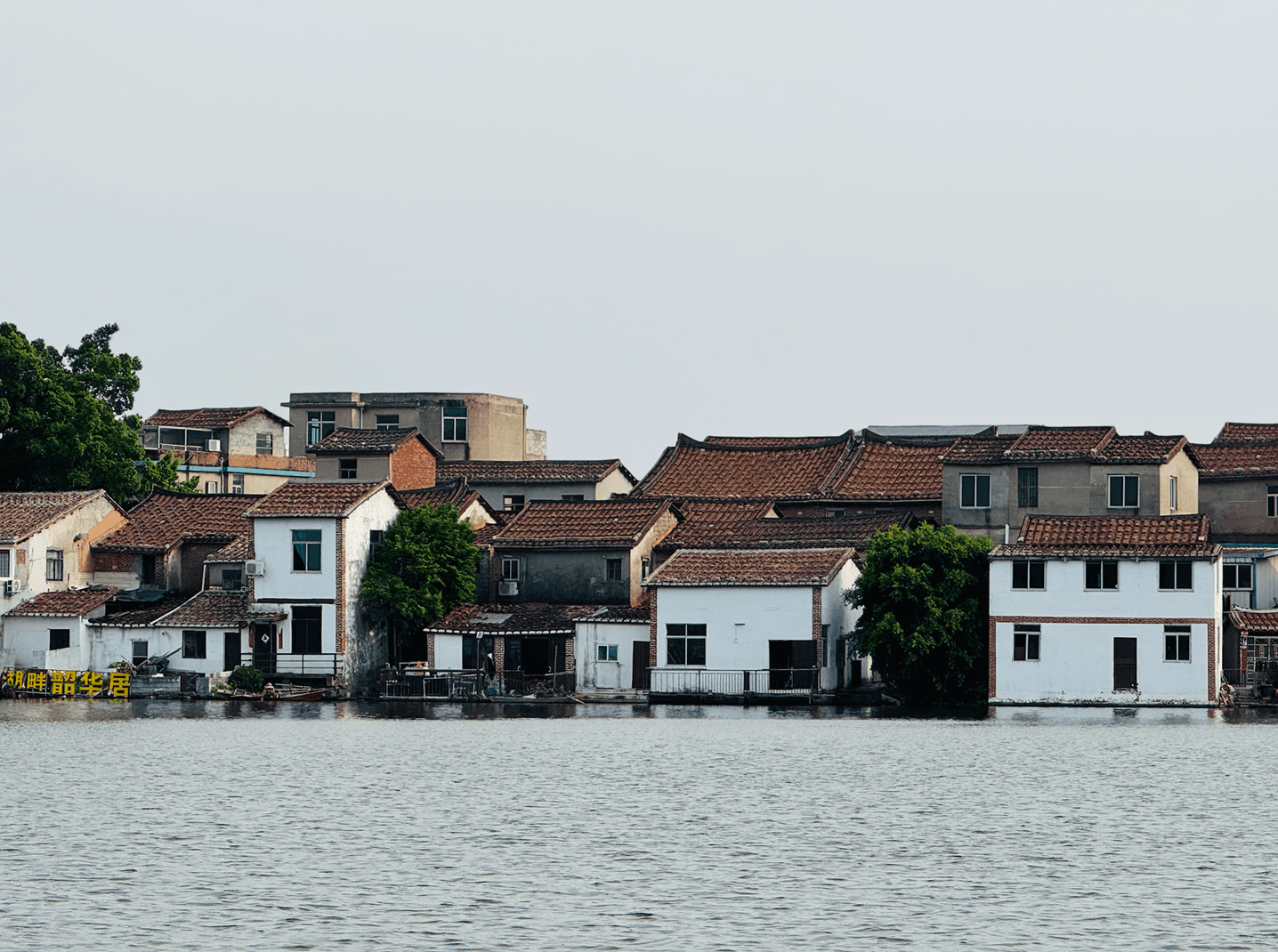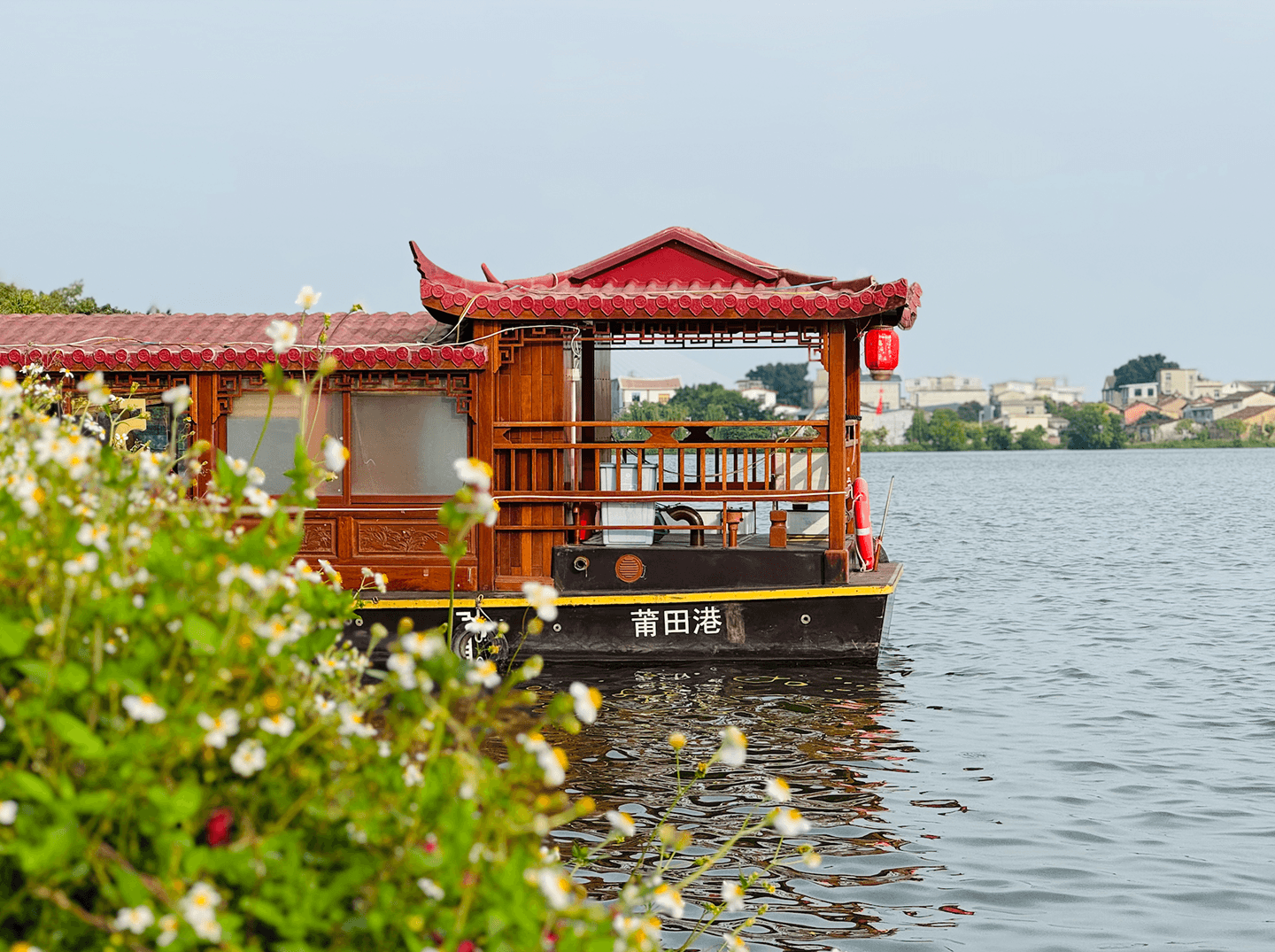


Putian, a coastal city in Fujian province, might not be the first place that comes to mind when people think of China, but it carries a quiet charm that grows on you the longer you stay. Known as the hometown of Mazu, the sea goddess, and famous for its heritage temples, local cuisine, and deep ties to the ocean, Putian is a place where tradition, faith, and daily life intertwine seamlessly.
Putian, a coastal city in Fujian province, might not be the first place that comes to mind when people think of China, but it carries a quiet charm that grows on you the longer you stay. Known as the hometown of Mazu, the sea goddess, and famous for its heritage temples, local cuisine, and deep ties to the ocean, Putian is a place where tradition, faith, and daily life intertwine seamlessly.
Putian, a coastal city in Fujian province, might not be the first place that comes to mind when people think of China, but it carries a quiet charm that grows on you the longer you stay. Known as the hometown of Mazu, the sea goddess, and famous for its heritage temples, local cuisine, and deep ties to the ocean, Putian is a place where tradition, faith, and daily life intertwine seamlessly.
The Flavors of Putian
Food in Putian was a revelation. Freshness defines the local cuisine, unsurprising for a city so close to the sea. From braised Putian noodles to the delicate bian rou (wonton soup) with its paper-thin wrappers, every dish carried a sense of homegrown pride. Seafood was, of course, unforgettable, with oysters, clams, and fish cooked simply but perfectly.
Cultural Highlights
Another highlight was exploring the traditional neighborhoods with their red brick architecture. These buildings, with intricate carvings and layered rooftops, reflect Fujian’s rich craft traditions. Each alley seemed to hold its own story, whether of a family’s lineage, a community festival, or daily routines passed down through generations.

Memories formed
What stood out most about Putian was not just its sights or tastes, but its sense of continuity between the past and present. The devotion to Mazu reflects centuries of maritime tradition, yet it still thrives in a city adapting to modernity. For me, it was a reminder of how cultural identity is sustained not only through monuments but through the everyday actions of people, in prayer, in architecture, in food.

My trip back to Putian left me with more than just beautiful memories; it gave me a glimpse into how tradition and modern life can coexist meaningfully. In a world that often rushes forward, Putian feels like an anchor, reminding us of the power of faith, heritage, and community ties.
The Flavors of Putian
Food in Putian was a revelation. Freshness defines the local cuisine, unsurprising for a city so close to the sea. From braised Putian noodles to the delicate bian rou (wonton soup) with its paper-thin wrappers, every dish carried a sense of homegrown pride. Seafood was, of course, unforgettable, with oysters, clams, and fish cooked simply but perfectly.
Cultural Highlights
Another highlight was exploring the traditional neighborhoods with their red brick architecture. These buildings, with intricate carvings and layered rooftops, reflect Fujian’s rich craft traditions. Each alley seemed to hold its own story, whether of a family’s lineage, a community festival, or daily routines passed down through generations.

Memories formed
What stood out most about Putian was not just its sights or tastes, but its sense of continuity between the past and present. The devotion to Mazu reflects centuries of maritime tradition, yet it still thrives in a city adapting to modernity. For me, it was a reminder of how cultural identity is sustained not only through monuments but through the everyday actions of people, in prayer, in architecture, in food.

My trip back to Putian left me with more than just beautiful memories; it gave me a glimpse into how tradition and modern life can coexist meaningfully. In a world that often rushes forward, Putian feels like an anchor, reminding us of the power of faith, heritage, and community ties.

